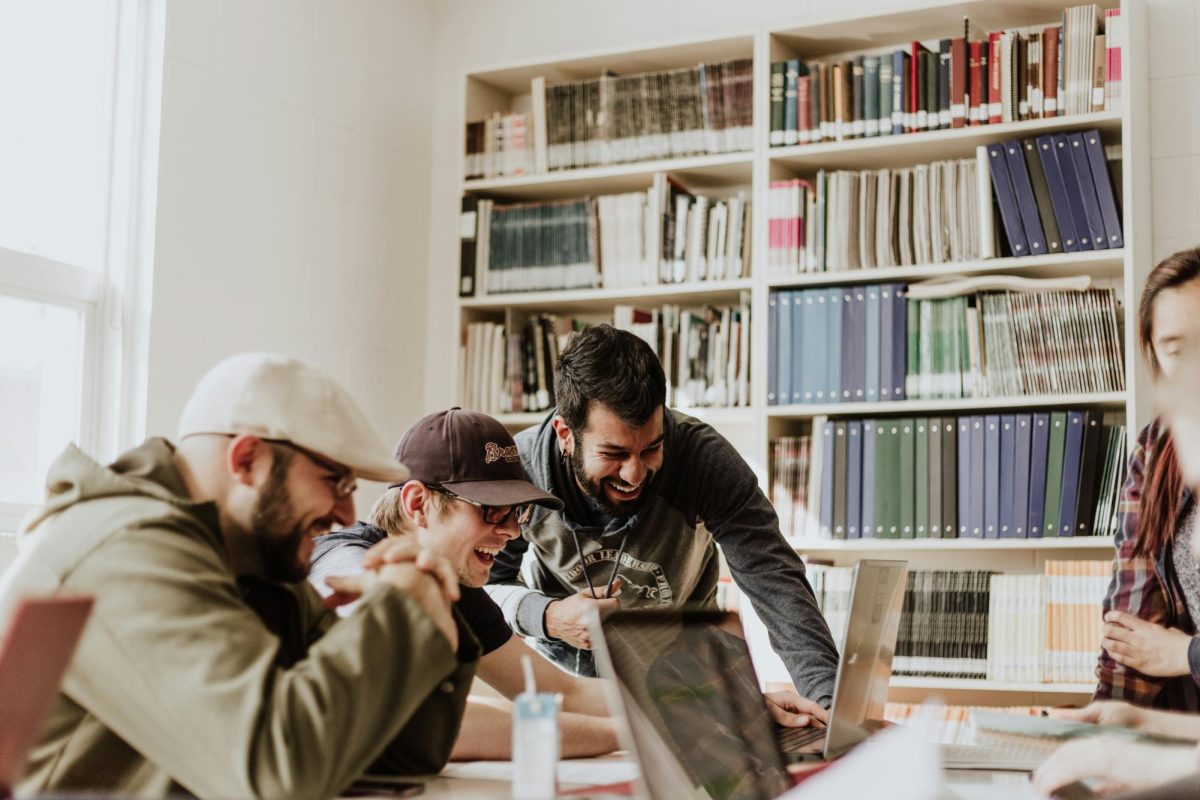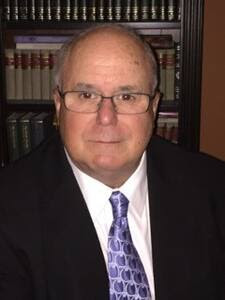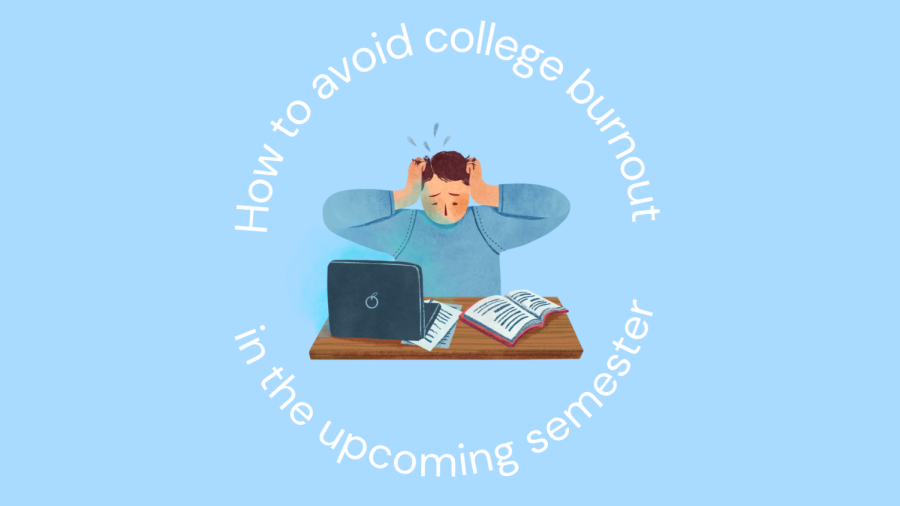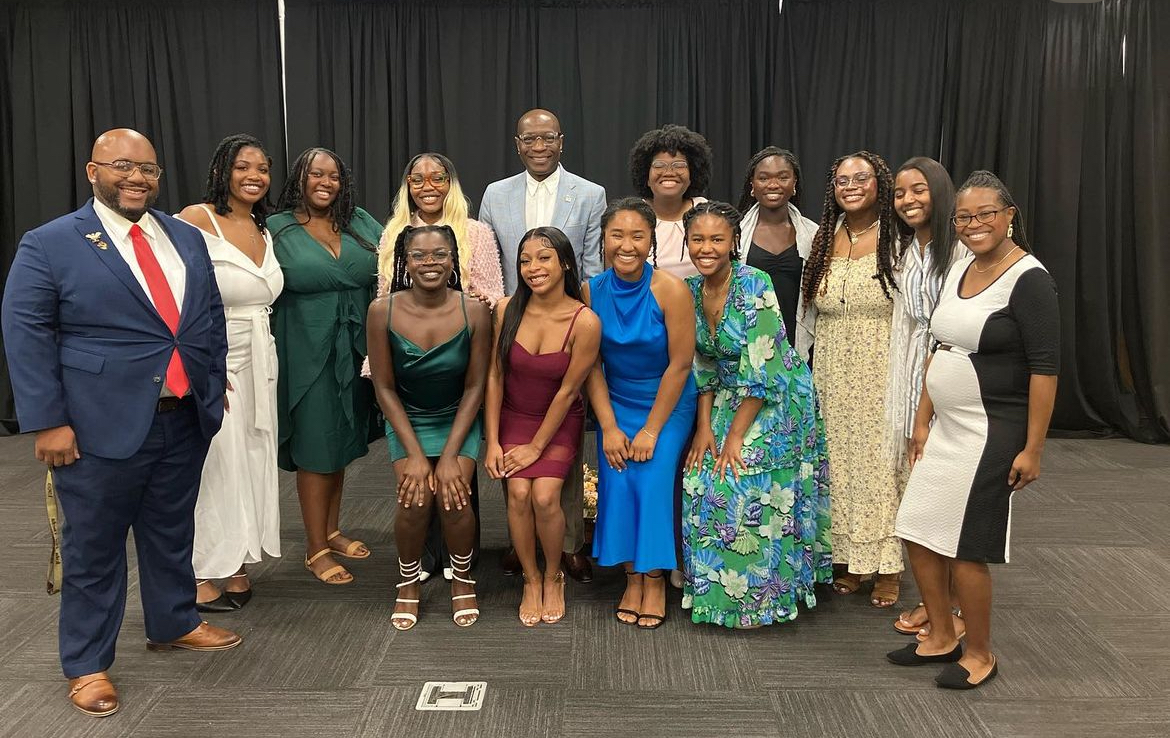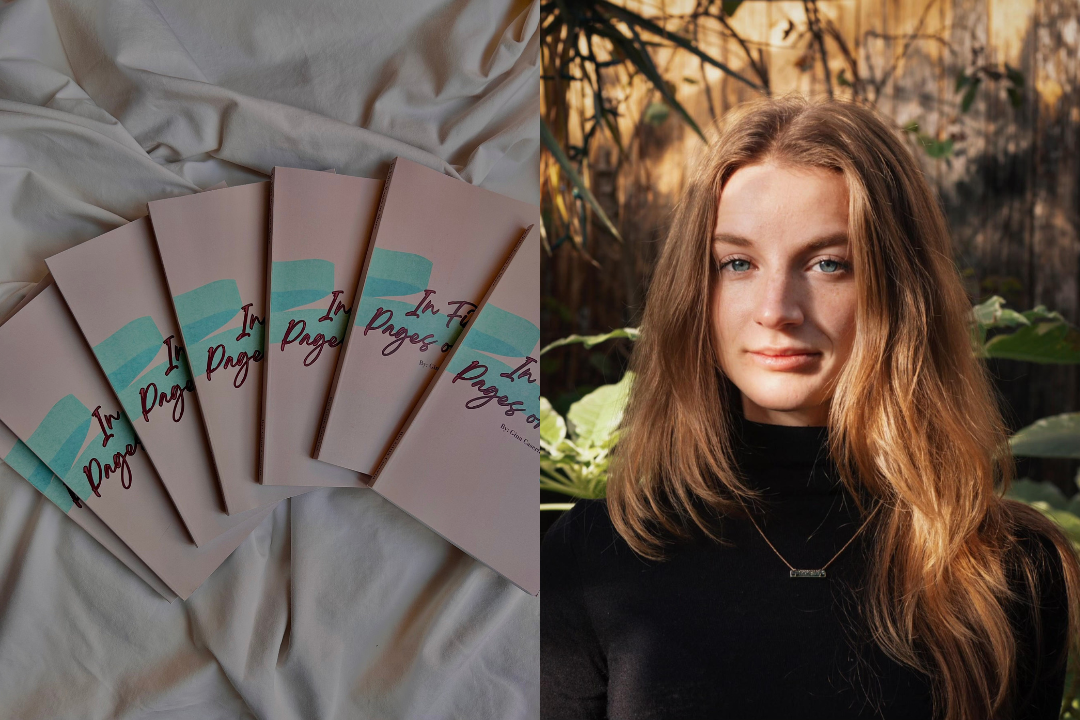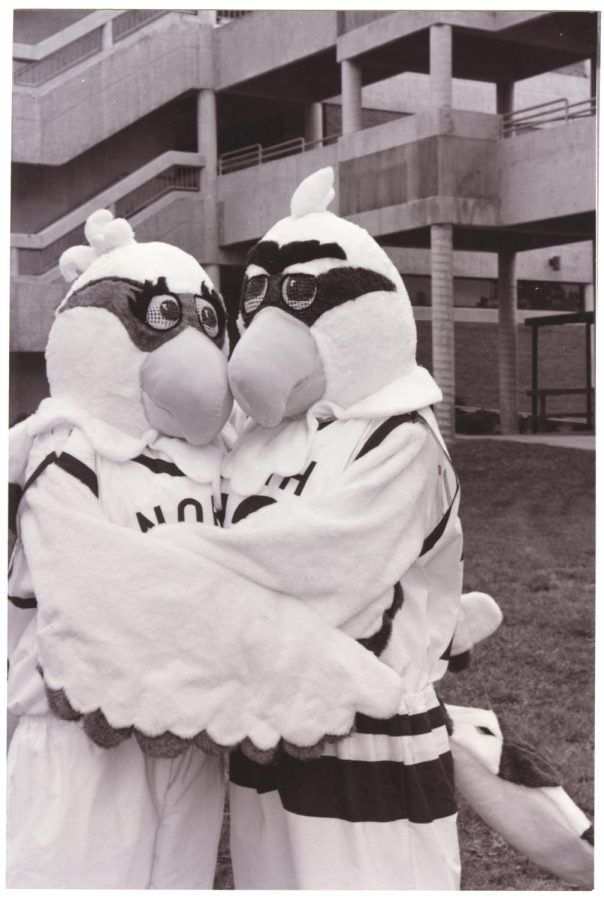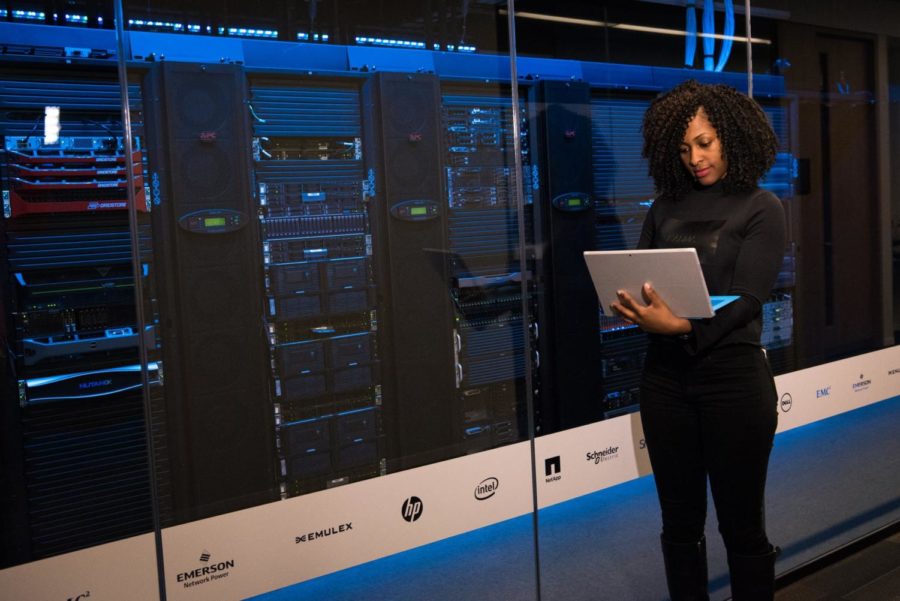“Women cannot do physics.”
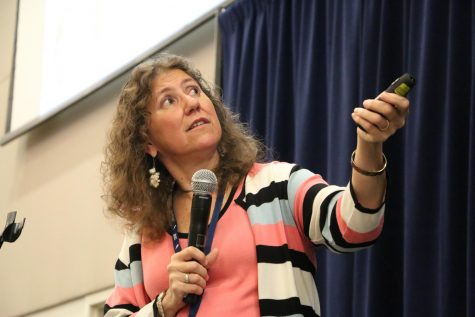
Gabby Gonzalez heard this as a student, but she is now a professor of physics and astronomy at the Louisiana State University and was the spokesperson for the LIGO collaboration that detected gravitational waves in space for the first time, which is a huge deal if you study physics. Gonzalez spoke at UNF for the American Physical Society’s Conference for Women in Physics on Jan. 13.
From Jan. 12 to 14, UNF held the conference where over 200 students from schools throughout the Southeast region of the United States gathered. UNF was one of 12 conferences held around the nation.
“We are part of a very large picture,” Grace Bosse, one of the organizers of the conference said. “One of the biggest thing for this conference [is] to build a network of peers and mentors that you can then use for the rest of your undergraduate years and then later on as well.”
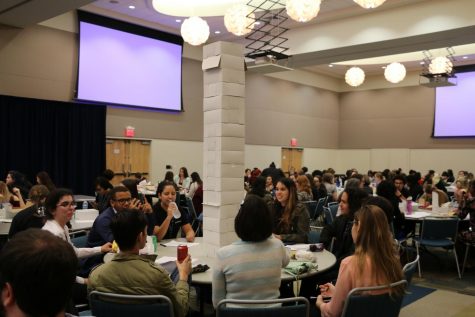
The conference featured workshops and notable speakers like Gonzalez and the president of the American Physical Society, Laura Green. Students were able to speak one-on-one with these important speakers, which Bosse described as a great opportunity for undergraduate students.
“I like to inspire myself meeting young women and young people starting physics because I see the future in them, and that is so inspiring to me,” Gonzalez said. “I hope to show them how exciting some of the sciences, some of the science I do, is. All of science is exciting, and showing how happy one can be doing science.”
The conference highlighted one of the biggest equality issues in the STEM field – a lack of diversity, specifically women. One of the workshop leaders shared with students how she often found herself being the only girl in her classes, which students at UNF identified with.
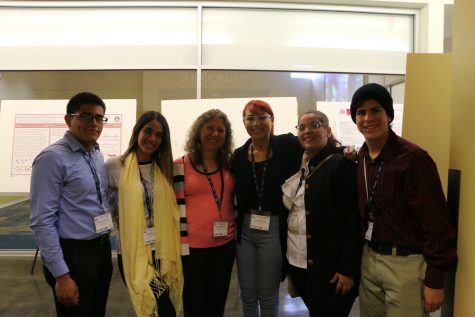
According to the 2009 American Community Survey, women hold less than 25% of STEM jobs nationwide, which has stayed consistent for the past decade. At UNF there are a total of 3,137 students majoring in the STEM field for fall 2017. Of these 3,137 students only 998 were female for an estimated 32% of the program, which is better than the national average.
Not only does the STEM field lack women, but also women in the field face gender discrimination. Gonzalez has witnessed discrimination in the past 20 years. She saw women being paid less than men, which is still true today. She also saw how women weren’t given positions because employers thought they would have children.
Female students at UNF see discrimination on campus as well, mainly from peers. However, some think men may not be aware of their bias. One male student at UNF said how he wasn’t aware gender discrimination was a common issue.
“Maybe it’s the older generation,” Samuel Cocker said. “I guess I’m part of the newer generation, where there’s more equality in the work field.”
The president of Society of Physic Students at UNF happens to be a female student, and she says gender discrimination in her field is something that can be overcome.
“We can overcome by just talking about it, and making more people aware of it,” Emily Frederick said. “Sometimes people don’t know it’s offensive or that it’s not the right thing to say. So, awareness of it will help.”
Even if discrimination is something female students face, this does not stop them from studying what they love.
“I get to study pulsars, which are just objects that you can never recreate on Earth, which is amazing,” UNF student Shannon Silverman said. “Doing these strange, yet incredible studies is what keeps me doing it.”
For more information or news tips, or if you see an error in this story or have any compliments or concerns, contact editor@unfspinnaker.com.




